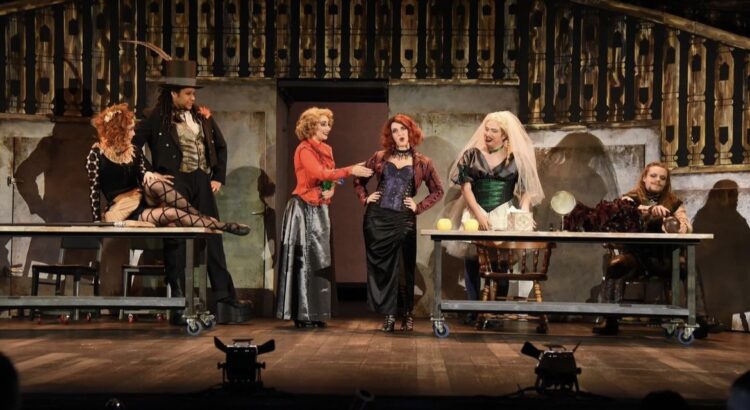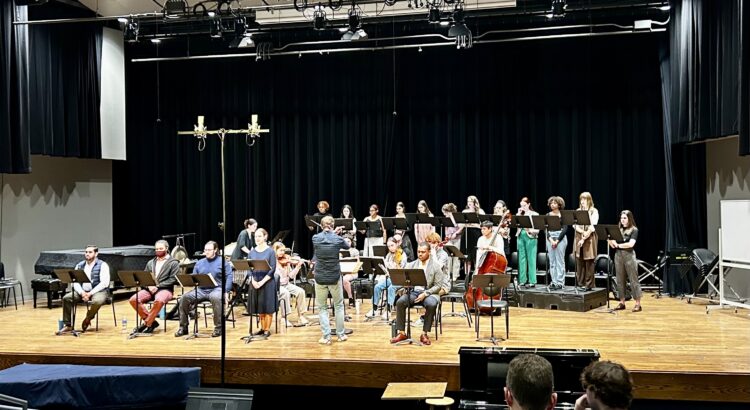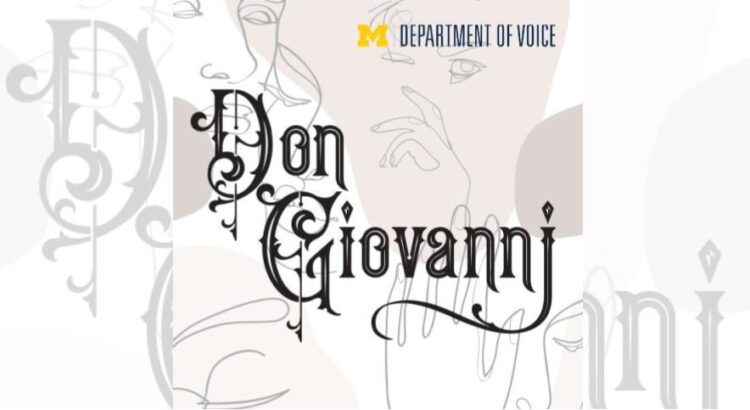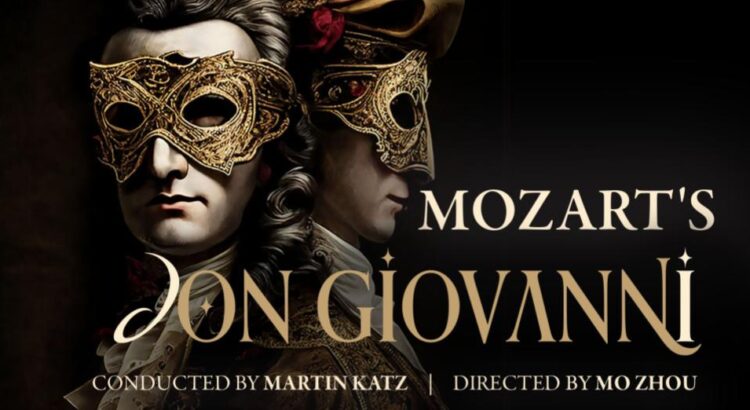Some criticize opera for its long-winded and shallow storytelling—but Mark Campbell and Kevin Puts are determined to obliterate those expectations with their thrilling adaptation of Elizabeth Cree, a new opera based on Peter Ackroyd’s 1994 novel The Trial of Elizabeth Cree. At just 90 minutes, Campbell and Puts craft a vigilant and intriguing operatic narrative about female angst, murder, and socioeconomic expectations.
The scene is set in 1880s London, in a grimy Victorian town reminiscent of a Sweeney Todd-like “Fleet Street”. The story follows the titular character Ms. Elizabeth Cree (formerly known as Lambeth Marsh Lizzie), in her younger years and after meeting her husband, John Cree. It begins with Elizabeth standing trial for the murder of John, and then traces her cautious trail backward from daughter to performer to wife, culminating in the climax of the opera where she is discovered as a mass murderer.
The Department of Voice and Opera double-casts leading roles in their performances, so this review is regarding the Thursday/Saturday performance of Elizabeth Cree. This performance featured Aria Minasian (Elizabeth Cree), Robert Wesley Mason (John Cree), and Katelyn Brown (Aveline Mortimer, Elizabeth’s ex-colleague at the troupe).
Minasian’s portrayal was truly spectacular—her Elizabeth was deep and seductive, precociously balancing beauty and terror. Her luxurious contralto voice pulled the audience into Elizabeth’s madness and gripped until we were left begging for more. Mason’s complement to her was grounding, with a voice effortlessly demanding attention.
Campbell and Puts are true trailblazers for the next generation of American Opera with their work on The Manchurian Candidate, Silent Night, and Puts & Greg Pierce’s wildly new successful opera The Hours. Puts created a whimsical score for chamber orchestra in Elizabeth Cree, bringing a hauntingly dark narrative into a world different from our own yet totally understood. Campbell’s libretto brings ultimate life to the characters with mystery, wonder, and grit. Elizabeth’s libretti was specifically complex and refreshing, with many female opera roles lacking depth in older works.
The Department of Voice will return in November with Humperdinck’s Hansel und Gretel — a story making up for its lack of murder with candy and witches.
Read more about Elizabeth Cree in the Dramaturgy Packet here.
Photos thanks to @umichvoice on Instagram.






